Nail your next job interview with these tips from the OMES Human Resources team
By Maria DeLoera
Resumes and job interviews are essential to the hiring process. They present our professional identities and showcase our strengths and accomplishments to potential employers. Therefore, it is important to understand how to build an effective resume and harness good interviews skills. While it may be difficult to know with 100% certainty what employers are looking for, there are many ways to set yourself up for success, land a second interview and get a job offer.
The Office of Management and Enterprise Services Human Resources team plays an important role in establishing procedures and guidelines for State of Oklahoma agencies to follow. To tap into their wealth of knowledge, we asked them to outline their top recommendations to stand out in the job market.
Tips for resumes
A resume is a foundation for a professional experience and opens the door to job opportunities. A good resume summarizes what you bring to the table while catering to each position you apply for. On the most basic level, your resume should include your name and contact information – like an email address and phone number – your education, skills and job background organized chronologically, with the most recent on top.
OMES HR Business Partner Tonya Fugett recommends a summary statement to highlight your written skills and tailor your experience to the job posting.
“Your resume is the first opportunity that a potential employer has to meet you,” Fugett said. “Therefore it is very important that your resume illustrates good written communication skills. Poor grammar and punctuation in a resume can be off-putting to a recruiter or hiring manager.”
Be sure to include hiring and termination dates for previous jobs. Doing so goes beyond a simple indication of when you were employed at an organization. Knowing how long you worked at recent jobs can help hiring managers gauge your potential of committing long term to their organization. With the amount of effort and resources it takes to onboard and train new hires, employers prefer candidates they think will stick around and add value to their team over time rather than someone who jumps from job to job.
Borrow keywords from the job posting. Why is this a good practice? Because it shows hiring managers you actually read and paid attention to the job posting. Include these keywords throughout your resume, including specific skills and details on accomplishments.
Tips for interviews
In addition to a resume, an interview showcases your candidacy and personality to a potential employer and can set you apart from competition with similar skills and experience. Therefore, it is important to have a few tips and tricks on hand before an interview. Most of them include verbal skills, body language and enthusiasm for the job. According to a guide by the Oklahoma Department of Human Services, most mistakes in an interview are nonverbal, tone of voice and grammar. Confidence is very important, so eye contact and clear communication strengthen your professionalism.
“A good candidate is aware of their own body language and will make eye contact with interviewers and smile,” said Fugett. “During an interview, apply the STAR method in your responses, when appropriate. This method provides a specific situation, task, action and result to answering a question.”
It is normal to feel some nerves before an interview, and they can vary from person to person. Fugett recommends breathing exercises before an interview, for example inhaling deep through your nose into your stomach and holding before exhaling through your mouth. For nerves relating to first impressions, wearing professional clothing and being personable has a positive effect in meeting with a potential employer. According to the DHS guide, 65% of employers surveyed noted the importance of professional attire and 55% on how a candidate walks through the door. That already makes a good head start!


